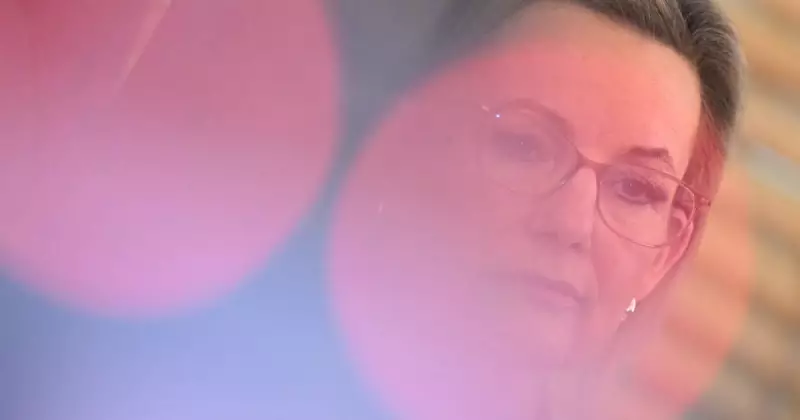
Liberal Party Abandons Net Zero Commitment
The Australian Liberal Party has formally discarded its support for the nation's net-zero by 2050 emissions reduction target, marking a significant shift in climate policy that opposition leader Sussan Ley insists will lower power bills through extended coal and gas use while pursuing what she terms "responsible emissions reduction."
Addressing media from the opposition party room on November 13, 2025, Ley maintained composure during what represents her most substantial leadership challenge to date. She clarified that while achieving net zero by 2050 would be "a welcome outcome if it's achieved through technology choice and voluntary markets," the party would no longer actively pursue this target.
Coalition Reactions and Internal Divisions
Nationals Leader David Littleproud expressed approval of the announcement, indicating it largely aligned with his party's expectations ahead of an imminent joint Coalition policy agreement. However, the decision exposed clear fractures within Liberal ranks.
Senator Anne Ruston, a prominent moderate who had advocated for retaining the net zero commitment, appeared visibly uncomfortable during the announcement. When questioned about her support for the policy she must now present to the Nationals, Ruston described it as "a compromise" reflecting the diverse viewpoints within the party room.
"The best policies have always been delivered when we've got everybody's points of view put forward," Ruston stated, though her facial expression contradicted her words, suggesting weariness with the Coalition's ongoing climate policy conflicts.
Political Fallout and Electoral Consequences
The policy reversal has drawn sharp criticism from across the political spectrum. Greens environment spokesperson Sarah Hanson-Young condemned the announcement as "an attempt at spin that you can drive a truck through" and described the Liberals as "a bunch of nutters."
Prime Minister Anthony Albanese accused the opposition of "walking away from reliable and affordable energy" and warned that abandoning Australia's long-term climate target would damage the nation's international reputation.
The decision raises serious questions about the Liberal Party's ability to regain inner-city seats lost to teal independents. Former Liberal candidate Gisele Kapterian, who narrowly missed winning the blue-ribbon seat of Bradfield, cautioned earlier this week that such constituencies would become permanently unattainable without a net zero target.
When pressed on how the party planned to win back these seats, Ley responded that they would present "serious, credible, compelling policy alternatives" at the next election, emphasizing that city residents also struggle with energy affordability.
Independent politicians added their voices to the criticism, with Warringah MP Zali Steggall stating the move demonstrated the Liberals were "now even further removed from community expectations over climate action," while ACT Senator David Pocock labeled it "short-term thinking at its worst."
Despite the controversy, Ley remained steadfast, even when questioned about the implications for her six grandchildren under age six. "I think of my six grandchildren every day, and I know that it is vital that they have a better world to inherit," she said, flanked by energy spokesperson Dan Tehan and frontbenchers Jonno Duniam and Anne Ruston.
The Liberal Party's internal research reportedly indicates that abandoning net zero could alienate Gen Z voters, adding another layer of complexity to an already contentious policy decision that will likely define the Coalition's approach to the next federal election.





